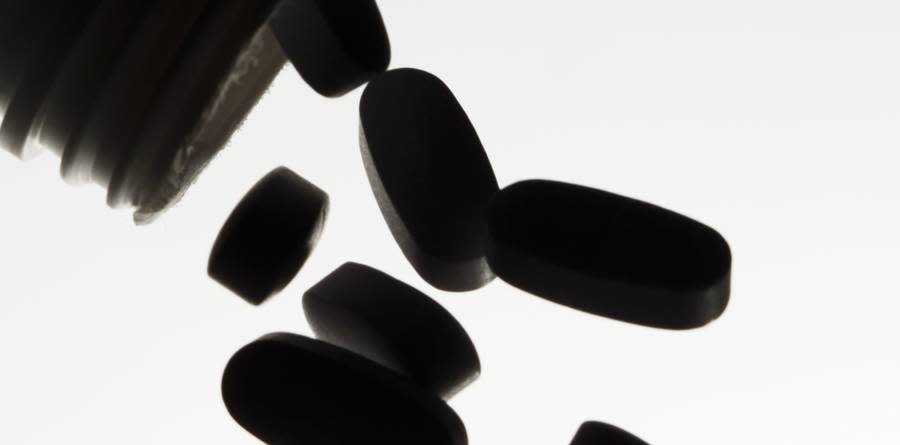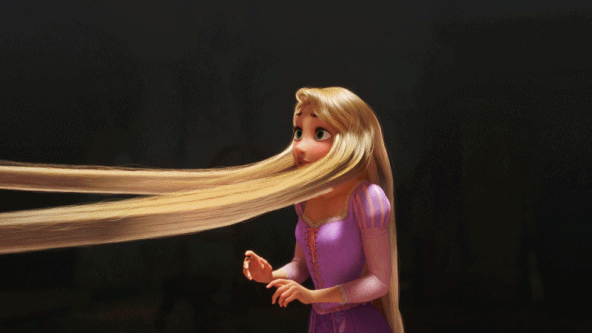Do Hair Vitamins Actually Work? What Experts Say About Getting Longer, Healthier Hair
Biotin, also known as vitamin H, can be found in tiny amounts in various foods, such as bananas, egg yolks and nuts. The vitamin helps maintain the health of the skin, hair, eyes, liver and nervous system. These effects, particularly on the hair, have encouraged many Americans to try biotin supplements in an effort to grow hair healthier, faster or longer.
"These B complex vitamins (also known as vitamin H) are important in metabolism, helping your body to process energy and transporting carbon dioxide from your body's cells," board-certified dermatologist Dr. Susan Stuart told the Huffington Post.
According to Medical Daily, people spend nearly $176 million annually for supplement pills that are supposed to support longer, healthier hair. "They're not made-up pills. Our bodies are already taking them in and they should be a part of our diet," New York City-based celebrity hair stylist Devin Toth told Medical Daily.

"I recommend supplements to patients who are looking to address certain skin, nail, or hair issues," Dr. Marina Peredo, assistant clinical professor of dermatology at Mount Sinai Hospital, told Daily Makeover in 2013. "Biotin encourages the production of protein for nail growth when absorbed in the core of the nail bed, where the cells are generated. In addition, it also stimulates new hair growth and promotes healthier texture by protecting against dryness, scalp flaking and increasing elasticity of the hair's cortex to prevent breakage. I recommend it to my patients who have any concerns with thinning hair or brittle nails."
However, not all researchers and healthcare professionals are buying the claim.

According to the National Institutes of Health, there is insufficient data to support any claim that biotin can help promote healthy hair, skin, nails or that any supplements will help with hair loss. The University of Maryland Medical Center states on their website that "very weak evidence suggests that biotin supplements may improve thin, splitting or brittle toe and fingernails, as well as hair."
While it may be unclear what role biotin and other hair vitamins play in hair growth, Toth said people should understand that hair vitamins aren't "miracle drugs."
"Vitamins and supplements aren't miracle drugs, they simply allow your hair to reach its full potential," Toth told Medical Daily. "[They] maximize what the body is capable of. Your hair needs certain things to reach maximum capacity ... that's what vitamins are for."
Dr. Melissa Piliang, a dermatologist at the Cleveland Clinic, recommended a variety of vitamins and minerals in order to bring out the best in your hair, including iron, vitamin D, zinc and B complex vitamins.
"One of the biggest misconceptions is that vitamins will help with these problems, but in fact, they may be linked to internal issues stemming from the thyroid or chronic anemia," she told the Huffington Post in 2013.
"Daily multivitamins or prenatal supplements help to fill gaps found in our diets," Piliang explained in the same report. "We tend to restrict carbohydrates or fats for weight lost or replace them with juices, but vitamins contain important nutrients like biotin, zinc and B-complex that help to enhance the health of our hair."

